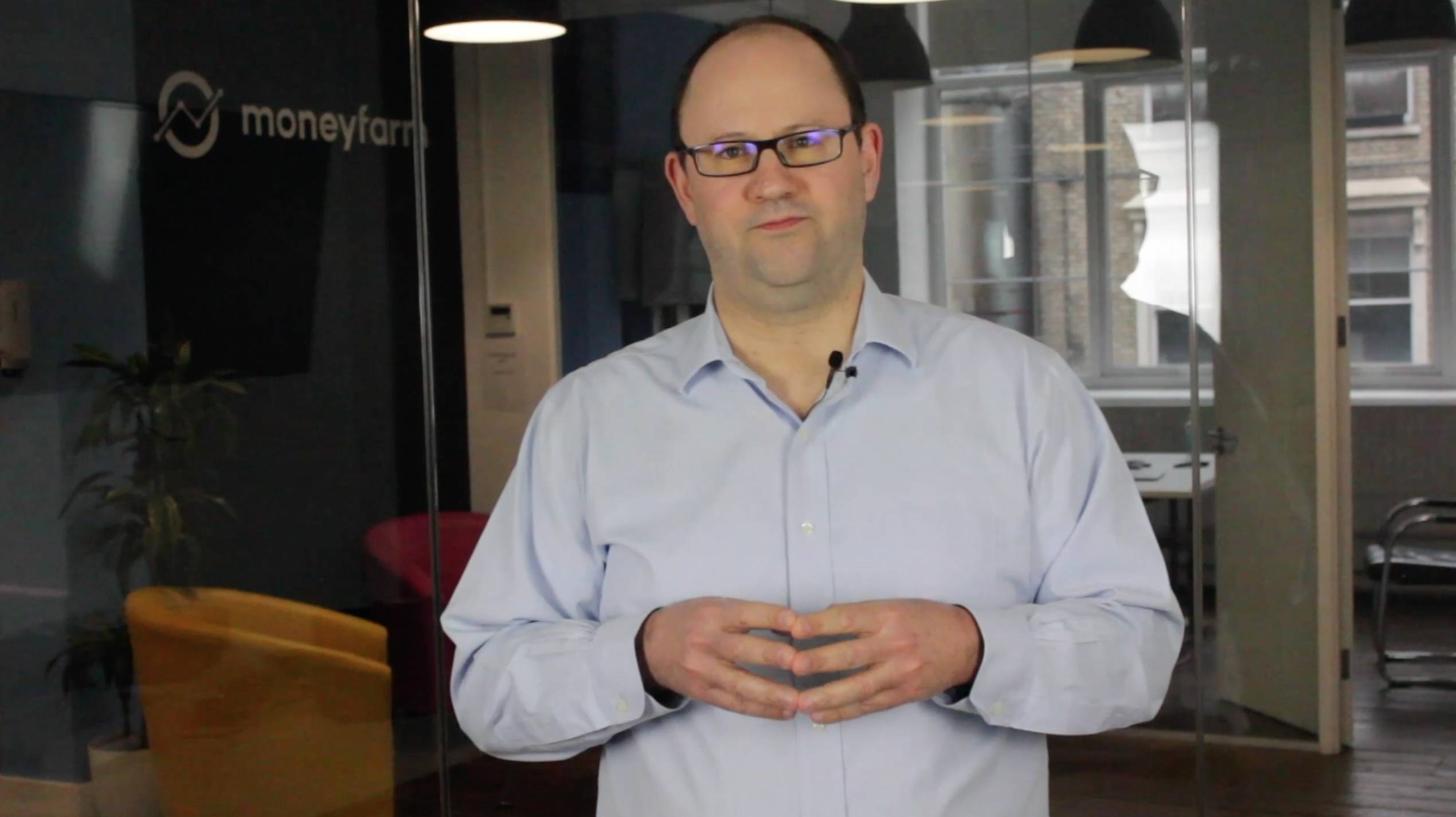This has certainly been a notable year for financial markets. The global healthcare crisis has rattled just about every industry there is, while trends that have been in play for decades have only accelerated in the last 12 months.
It has, however, been a positive year for investors on the whole. Moneyfarm portfolios closed with positive results, preserving the returns of 2019, a resounding success within the context of truly unprecedented and uncertain events. As 2020 comes to a close, perhaps the most interesting thing is the gap between the performance of financial markets and that of the real economy.
Global equities buoyant
There is some logic behind the performance of financial markets and financial market expectations this year. Global equities, in particular, have been buoyant even as the real economy enters a deep recession. This is a result of two key areas that proved more resilient than we might have previously expected.
The first is healthcare – before 2020, the process of creating a vaccine was measured in years. This year, depending on how you measure it, the entire process has taken around 300 days. It’s an impressive healthcare achievement and it’s one that equity markets, it seems, began to anticipate earlier in the year.
The other key element has been the resilience listed corporations. In a lot of instances, profitability held up well – this came as a result of dramatic meaningful policy support but, nonetheless, corporate margins have held up better than in previous recessions.
Looking ahead
As we move into 2021, the key concern for a lot of investors is around the efficacy of Covid-19 vaccines and the smoothness of vaccine rollout. What this comes down to is ‘normalisation’, the speed with which life – and economic activity – can return to something resembling normal.
Before the pandemic, not all economies were performing well. Growth and unemployment were issues in areas like Western Europe, with 2020 only exacerbating these concerns. The question, then, becomes about the extent to which the global economy can recover. Will we accelerate beyond where we were before the pandemic, or will we see the kind of measured recovery we did after the last economic crisis?
For now, though, financial markets are relatively optimistic. Particularly on the equities side, valuations are above their long-term averages, while sentiment among investors is generally bullish when it comes to next year.
This bullishness hinges on the success of the global vaccine rollout. Any effective program and subsequent reopening of the global economy would lead to a significant rebound in activity and corporate profitability. Some of this positivity will already be priced in but, if we continue to see strong operating momentum from a broad range of businesses, that’s something we don’t see as being fully reflected in financial markets.
A new world
The final key point from 2020 has been the acceleration of some already well-established social and economic trends. The most obvious candidate here is digitalisation. You only have to look at the number of people currently working from home to understand that decentralised business and a more relaxed working structure is probably here to stay.
Similarly, the question of sustainability is very much at the forefront of not just investors’ minds but also in the minds of governments and global populations. This is a trend that we see continuing into 2021, particularly given that 2020 has highlighted some of the environmental issues we may have to deal with in the near future.
The isolation and localisation of 2020 may lead to a general reconsideration of supply chains from governments. At various points, the pandemic has brought global supply chains and the security of supply of a range of products into question. Going forward, we expect both governments and corporates alike to think a little more carefully about the security and sustainability of their supply chains in the wake of Covid-19.
So, at the end of a difficult year, we see signs of optimism. Hopefully, these will blossom in 2021 as the healthcare situation improves. From this perspective, we are optimistic of a strong economic recovery next year, while governments will be cautious about withdrawing the support they have offered throughout the crisis.





